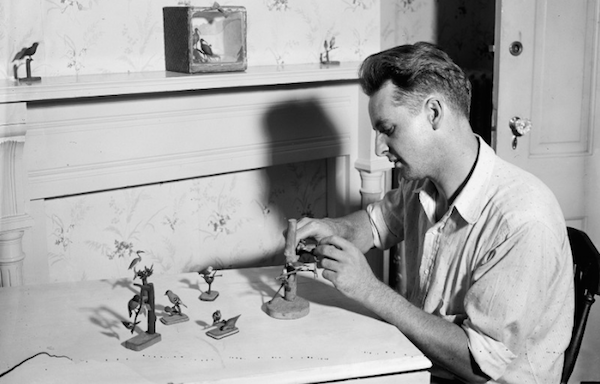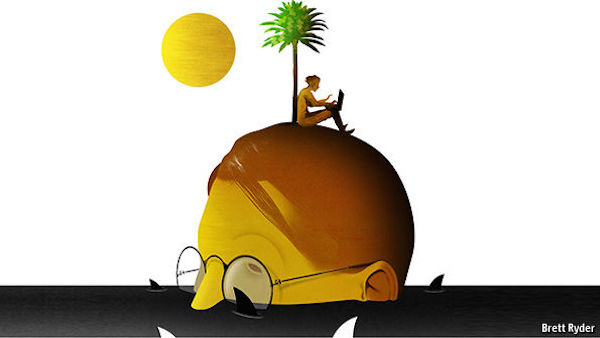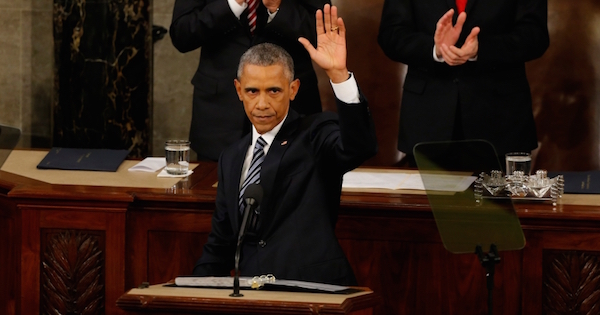
For a post-Cold War generation, socialism is more appealing than scary.
Of all the diagnoses for the reasons behind the financial collapse and slow (or at least uneven) subsequent recovery, this Time piece on the “financialization” of the economy seems to pinpoint the broadest underlying cause with the most specific reasoning. Well worth a read. This excerpt gives you the general idea:
Over the past few decades, finance has turned away from this traditional role. Academic research shows that only a fraction of all the money washing around the financial markets these days actually makes it to Main Street businesses. “The intermediation of household savings for productive investment in the business sector—the textbook description of the financial sector—constitutes only a minor share of the business of banking today,” according to academics Oscar Jorda, Alan Taylor and Moritz Schularick, who’ve studied the issue in detail. By their estimates and others, around 15% of capital coming from financial institutions today is used to fund business investments, whereas it would have been the majority of what banks did earlier in the 20th century.
…
“Across all advanced economies, and the United States and the U.K. in particular, the role of the capital markets and the banking sector in funding new investment is decreasing.” Most of the money in the system is being used for lending against existing assets such as housing, stocks and bonds.
To get a sense of the size of this shift, consider that the financial sector now represents around 7% of the U.S. economy, up from about 4% in 1980. Despite currently taking around 25% of all corporate profits, it creates a mere 4% of all jobs. Trouble is, research by numerous academics as well as institutions like the Bank for International Settlements and the International Monetary Fund shows that when finance gets that big, it starts to suck the economic air out of the room. In fact, finance starts having this adverse effect when it’s only half the size that it currently is in the U.S. Thanks to these changes, our economy is gradually becoming “a zero-sum game between financial wealth holders and the rest of America,” says former Goldman Sachs banker Wallace Turbeville, who runs a multiyear project on the rise of finance at the New York City—based nonprofit Demos.
And after this broad introduction it goes into finer details. The decrease in small business loans (and hence small businesses being started), the increase in cash upfront home purchases (and hence the decrease of younger families entering the home market), and the skyrocketing of debt, both personal and corporate.
How has this rampant “financialization” — lower interest rates, higher debt, lower loan availability, greater income inequality — affected you?
Have you put off or ruled out any options that would have been more viable at this stage in your life, say, 20 or 30 years ago?
Would you be happier in a world “pre-financialization”? How would your life be different?




